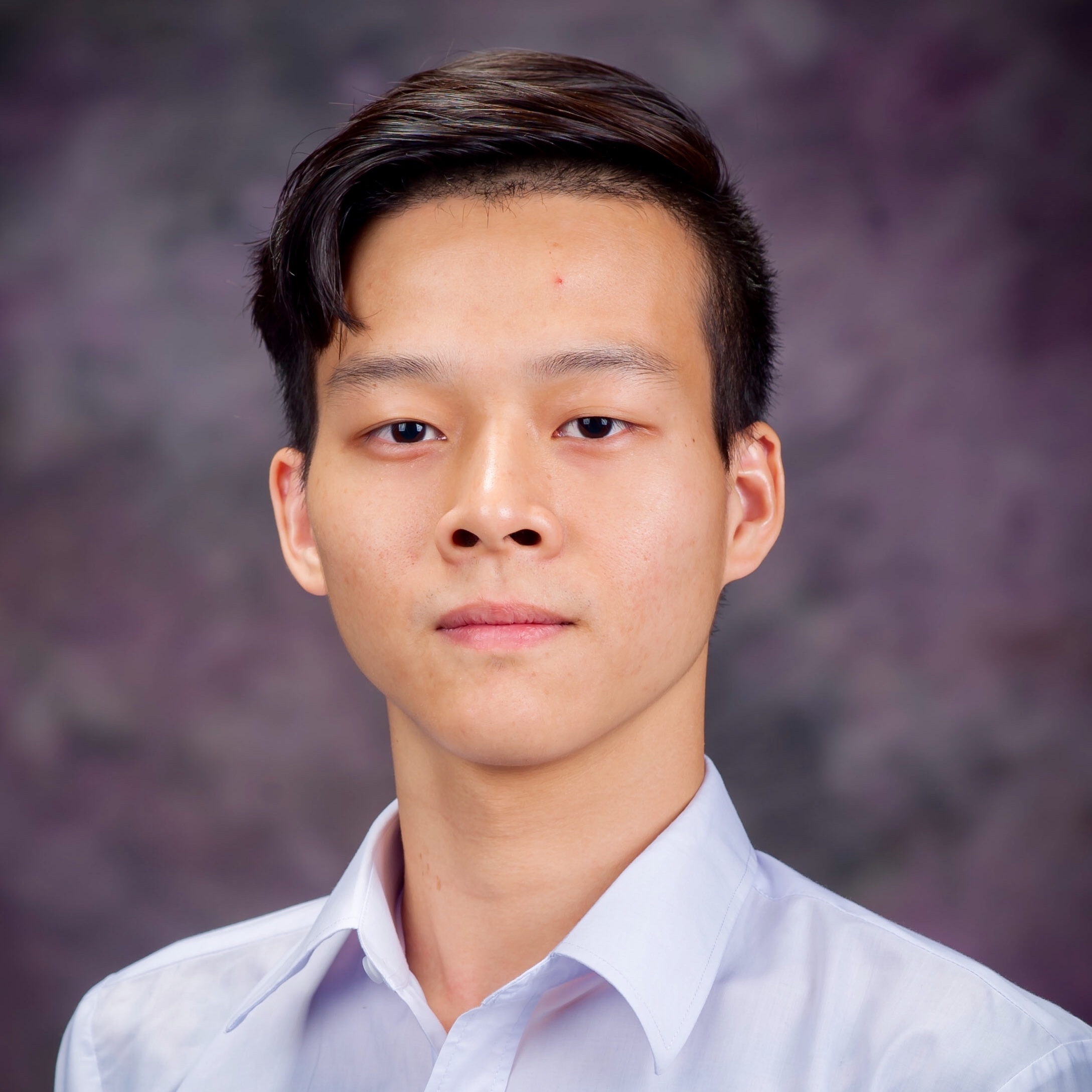About This Project
We aim to explore Americans’ literacy of their First Amendment rights and Section 230. Furthermore, we investigate whether such knowledge impacts their stance on reform, their perception of online platforms’ liability, and their likelihood to engage in reform-related civic activities.
Ask the Scientists
Join The DiscussionWhat is the context of this research?
"No provider or user of an interactive computer service shall be treated as the publisher or speaker of any information provided by another information content provider."
These 26 words of Section 230 of the 1996 Communication Decency Act, often dubbed "the 26 words that created the internet," shield internet platforms from legal responsibility for user-generated content. Section 230, along with First Amendment protections, have propelled the internet to become one of history's most remarkable spheres for free expression. While Section 230 indeed fueled digital expression and democratization, its broad protections, which were construed in a bygone era of naive techno-optimism, now clash with social media's potential for harm such as youth mental health, misinformation, and even violence.
What is the significance of this project?
Under Section 230, troubling content, including revenge porn, sex trafficking materials, and malicious gossip, often finds safe harbor on social media. Within debates surrounding Section 230, however, the voices of ordinary citizens whose lives and rights are directly impacted remain largely unheard. As virtual spaces become primary avenues for social lives, Americans need to understand Section 230 and its potential impacts.
Our findings can provide the current state of foundational knowledge and civic education about Section 230, which is seldom investigated yet considered one of the most essential internet policies in the US. They can be used to develop activities or policies for formal (e.g., schools) and informal education (e.g., organizations) for diverse learners.
What are the goals of the project?
An online survey will be conducted on a nationally representative sample to examine (1) the level of education, both formal and informal, Americans receive about the First Amendment and Section 230, (2) Americans' knowledge of First Amendment rights and Section 230 protections, and (3) how these knowledge would predict Americans' awareness of the discussions about Section 230 reform, support for/opposition of a reform, support for (stricter) regulations for online platforms, and civic engagement related to their support/opposition. We aim to include at least 1,000 participants from a survey panel (e.g., Prolific). In terms of data analysis, we generally take a two-step structural equation modeling (SEM) analytic approach. See our structural model.
Budget
We look forward to recruiting a census-representative sample of about 1,000 Americans from CloudResearch Prime Panel. All of the money raised will be used to pay the panelists. We have been actively seeking external funding opportunities, but found no luck thus far.
Endorsed by
 Project Timeline
Project Timeline
We have already received IRB approval for our study. As soon as we can get financial support, we will reach out to the panelists to collect the data. Data collection, analysis, and presentation can be done in about a month.
Mar 9, 2024: Presented our extended abstract at the 2024 AEJMC Southeast Colloquium.
Apr 1, 2024: Submit the manuscript to the 2024 AEJMC (National) Conference.
Mar 26, 2024
Project Launched
Mar 27, 2024
Get enough funding to collect data.
Apr 01, 2024
Submit the manuscript (with a pilot survey sample) to be presented at the 2024 AEJMC (National) Conference.
Apr 15, 2024
Complete the manuscript (with a national representative sample).
Apr 20, 2024
Submit for publication.
Meet the Team
H. Dat Tran
H. Dat Tran is currently a doctoral student in Media and Public Affairs at the Manship School of Mass Communication at Louisiana State University. His research focuses on political communication, particularly political polarization and political hostility in online environments; the meme culture and the participation of internet memes in political discourse; emerging media; and journalism, media, propaganda, and political and civic engagement in countries in the Global South. Dat has been a journalist and communication professional since 2013. He received his Master of Science in Mass Communications from Kansas State University in 2021.
Uyen Diep
Uyen Diep is a doctoral student at the Manship School. She has practiced (for almost 10 years) and researched (for four years) journalism. Her research agendas also include media literacy (e.g., fact-checking, media knowledge), social media, and political communication.
Lab Notes
Nothing posted yet.
Project Backers
- 5Backers
- 6%Funded
- $235Total Donations
- $47.00Average Donation



